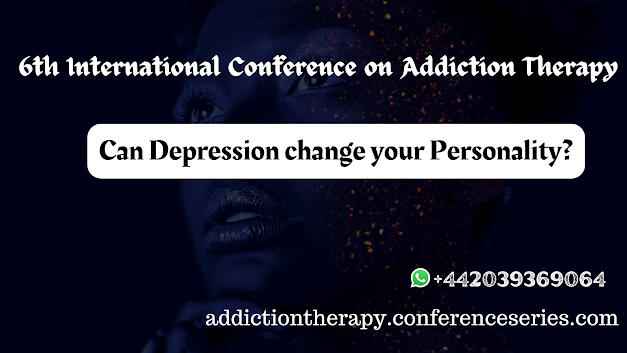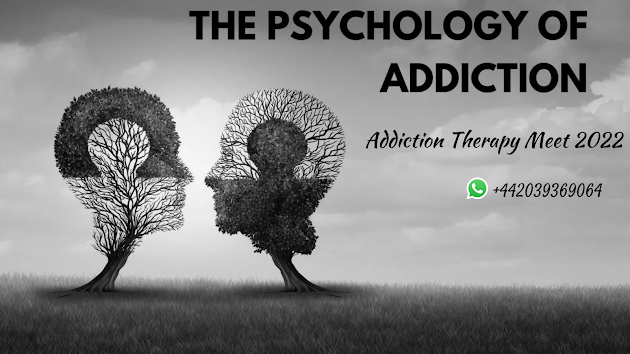What is the best psychological treatment for addiction?

CBT is an effective treatment option since it can be used to treat a wide variety of addictions, including but not limited to food addiction, alcohol addiction, and prescription medication addiction. Treatment for addiction is not one-size-fits-all. You can select the therapy that is ideal for you depending on the substance you are misusing, the degree of care you require, your unique mental health demands, or your financial resources. Here are a few of the most frequent addiction therapies that have helped individuals achieve long-term sobriety. Detoxification Detoxification with medical support helps you to safely clear your body of addicted chemicals. This is advantageous since substance withdrawal can occasionally result in unpleasant or even life-threatening bodily effects. Detox is usually used in conjunction with other therapies since it does not address the underlying behavioural reasons of addiction. Cognitive Behavioral Therapy Cognitive Behavioral Therap...



